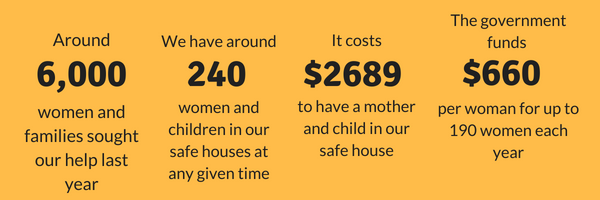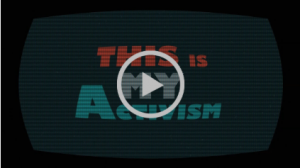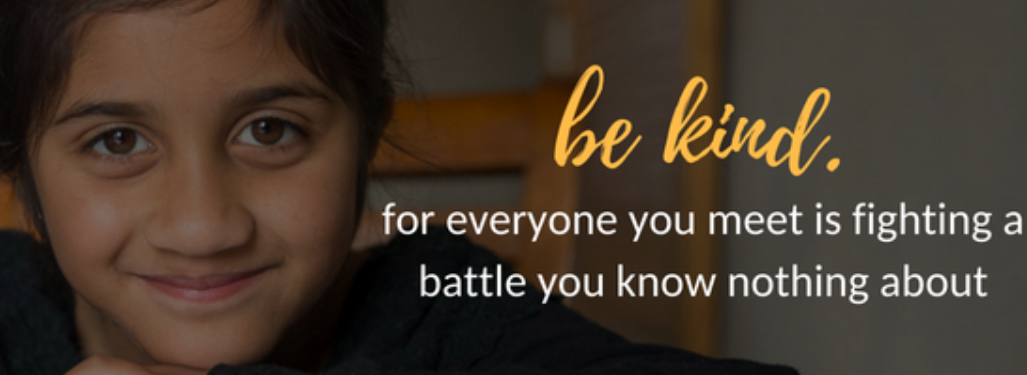
News from Waikato Women’s Refuge
Te Whakaruruhau – July 2019
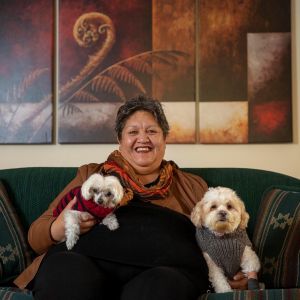
Kia ora koutou,
Ehara taku toa i te toa takitahi, ēngari he toa takimano e.
My strength is not mine alone, but that of many.
I want to acknowledge our refuge staff who go above and beyond the call of duty every day. Without our hardworking, supportive and caring staff, Te Whakaruruhau wouldn’t be able to do the work we do with our families. They are the caring voice at the end of the phone, the warm embrace in trying times, the calm advocate when life is in chaos. Many have walked the walk and are passionate about guiding whānau in their own journeys to living a life that is both safe and violence-free. Each newsletter one of our team will share a little about who they are so you can get to know us a little better.
Ngā mihi,
Roni Albert Waikato Women’s Refuge Te Whakaruruhau CEO
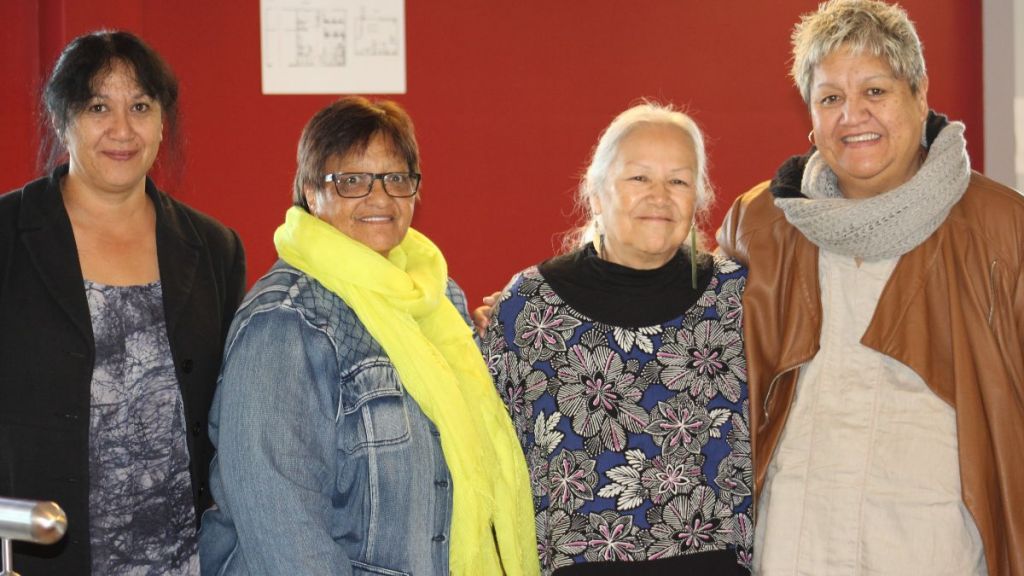
From left – Rolinda Karapu, Ariana Simpson, Eileen Hudon and Roni Albert
On a recent visit to Aotearoa to attend NAISA Conference at Waikato University, Eileen Hudon presented to refuge staff about indigenous perspectives around healing from sexual violence. From the White Earth Ojbwe tribe in Minnesota, Eileen has known Roni and Ariana Simpson since 1990 when she first visited NZ. She is on the Ogitchidakwe (Warrior Women) Council a group of 20 grandmothers who use their wisdom to support and heal sexual violence survivors using indigenous methods. Read more about Eileen in the Minnesota Women’s Press. Read The Garden of Truth: The Prostitution and Trafficking of Native Women in Minnesota, co-authored by Eileen.
Meet our team
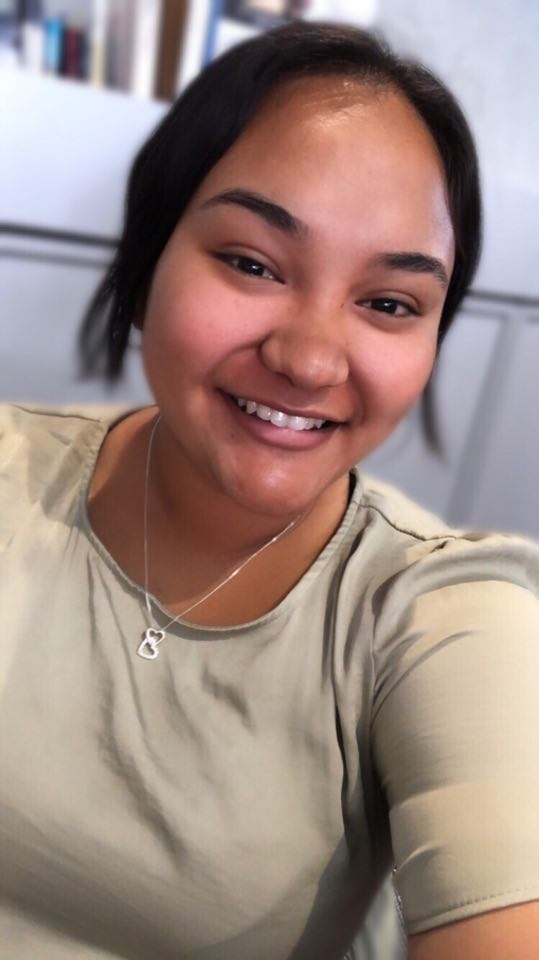
Jaeda Albert is our receptionist and she is the first smiling face to greet you when you visit the office in Frankton The newest and youngest member of the team, she started out doing work experience and graduated into a full time position.
What drives you to do what you do at WWR? The fact that I am helping other women.
What do you do when you’re not working? Hang out with friends and family.
A quote that sums you up or you like? Don’t expect too much and you won’t be disappointed
What’s something we would never guess about you? I’m a Maori who can’t sing…
What is your nickname? Sissy
What is your spirit animal, and why? Butterfly, I took a quiz and this is what it said: The butterfly is one of the most emblematic totem animals symbolizing personal transformation. If you see the butterfly as your totem or spirit animal, pay attention to the areas in your life or personality that are in need of profound change or transformation. Perhaps, this animal totem guides you to be sensitive to your personal cycles of expansion and growth, as well as the beauty of life’s continuous unfolding. An important message carried by the spirit of the butterfly is about the ability to go through important changes with grace and lightness.
What meal would you eat for your last supper? Probably KFC lol
Four famous people you would invite to dinner, and why? Since it’ll never happen I’ll include dead people…Michael Jackson, Beyonce, Greg Inglis and Jonathan Thurston.
Why?Because I think they’re pretty cool aye.
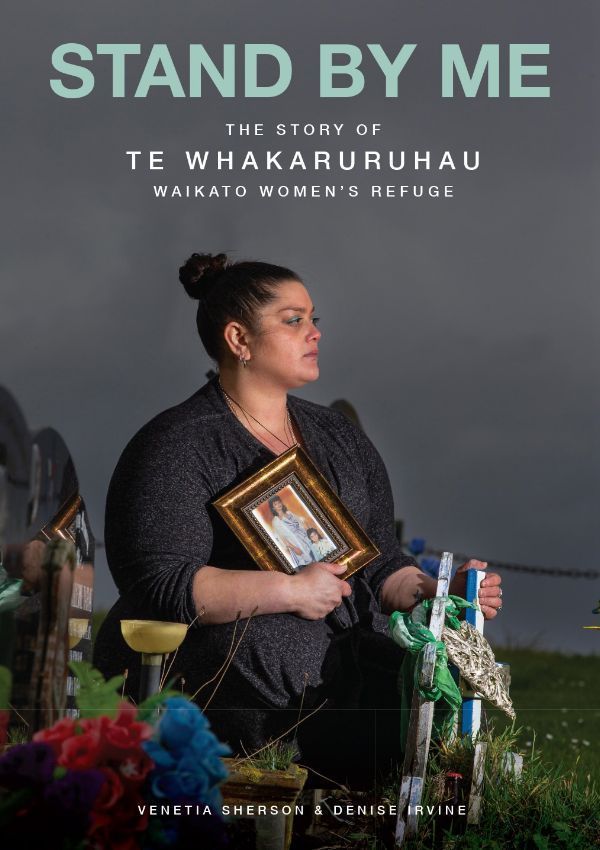
New Zealand’s first Māori women’s refuge started in a one-bedroom flat in Hamilton in 1987, with Roni Albert and Ariana Simpson at the helm.
Their journey from modest beginnings to becoming a truly influential organisation is described in Stand By Me, The Story of Te Whakaruruhau Waikato Women’s Refuge.
Written by Venetia Sherson and Denise Irvine; images by Peter Drury.
Published by Te Whakaruruhau.
$29.95
Purchase this stunning book here or contact Te Whakaruruhau –[email protected]
Open arms – testimonial from a mother
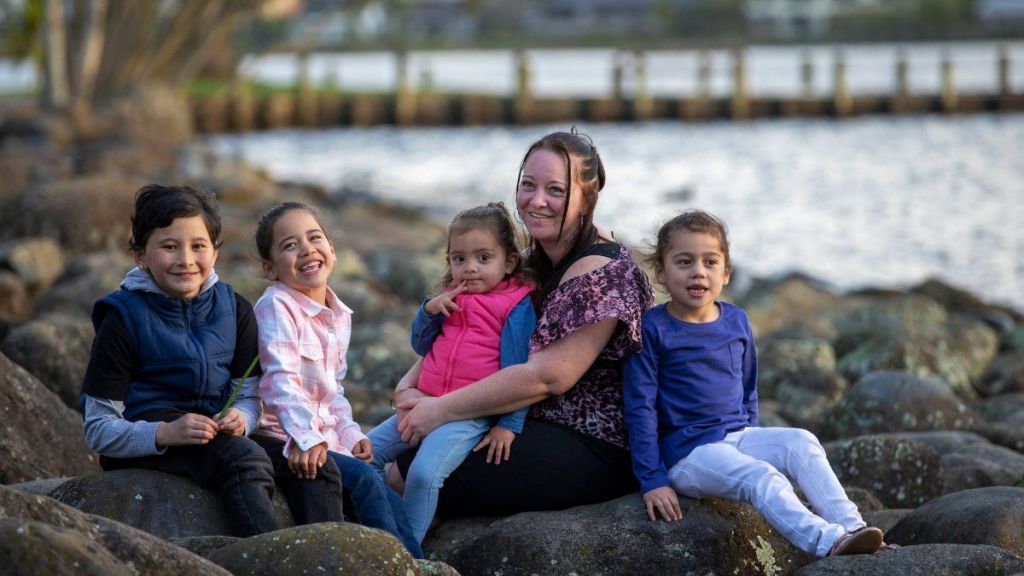
“I came into a place where they opened their arms to me and my children. The house mums and advocates accepted us for who we were. I’ve never had that with my own family. Tania’s the best support I could have had. I came in (to the refuge) on a Wednesday night and the next day this lady came up to me and said, I’m Tania, I’ve your advocate. I Liked dealing with just on person. She took things off my hands. She let me vent. I’ve never had anyone say, I’m here for you. I’m used to doing everything myself. She’s been amazing, and I trust her.”
Merenia from Stand by Me.
Government removal of indigenous children from their families in New Zealand is intergenerational, deeply traumatic, and on the rise. Factors enabling removal of our children are historic, systemic and entrenched.
Take a look at Waikato University Assoc Prof Leonie Pihama’s battle here
